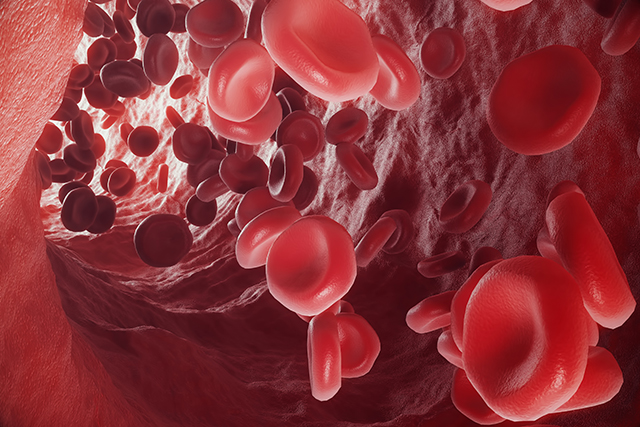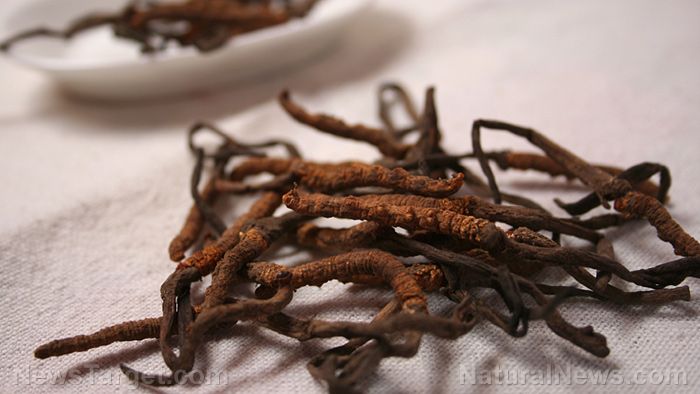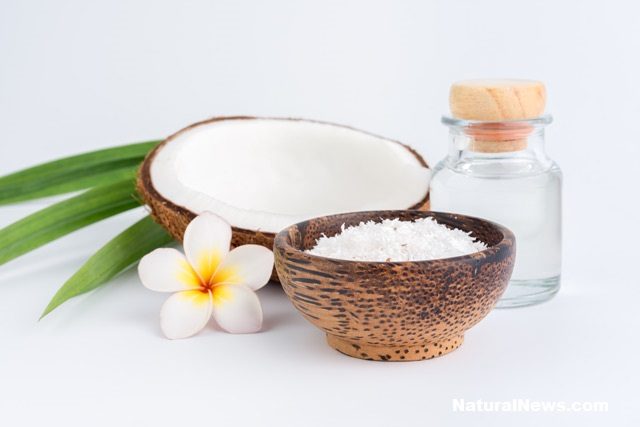Study: Dietary cystine can improve blood albumin levels
04/19/2019 / By Ralph Flores

A multi-university study from Japan noted that consuming dietary proteins rich in cystine can regulate plasma mercaptalbumin levels, based on animal studies. The results of the study were published in the journal Nutrition Research.
- In rats, the quantity of dietary protein directly influences the oxidized/reduced state of plasma albumin. However, how the quality of dietary protein affects the oxidized/reduced state of plasma albumin is unclear.
- The researchers believed that the quality of dietary protein could regulate the oxidized/reduced state of plasma albumin in rats.
- For the experiment, researchers fed male Sprague-Dawley rats with low-protein diets. The diets contained either casein (five percent), egg white (five percent), or wheat gluten (six percent). This ran for two weeks.
- The rats exhibited decreased plasma albumin concentration during the diet, but no significant differences were observed for each group.
- Rats fed with casein had the lowest mecaptalbumin levels among the experiment groups. However, casein-fed rats that have been supplemented with cystine showed higher levels of mercaptalbumin compared to those supplemented with glycine.
- In addition, rats supplemented with cystine had lower levels of 4E-binding protein 1, than those supplemented with glycine.
In sum, proteins with high levels of cystine can help in maintaining mercaptalbumin levels in rats fed with a low-protein diet.
Journal Reference:
Kuwahata M, Kobayashi Y, Wada Y, Aoi W, Kido Y. DIETARY CYSTINE IS IMPORTANT TO MAINTAIN PLASMA MERCAPTALBUMIN LEVELS IN RATS FED LOW-PROTEIN DIETS. Nutrition Research. August 2018;56:79–89. DOI: 10.1016/j.nutres.2018.04.019
Tagged Under: alternative medicine, disease treatments, food cures, food is medicine, functional food, prevention



















